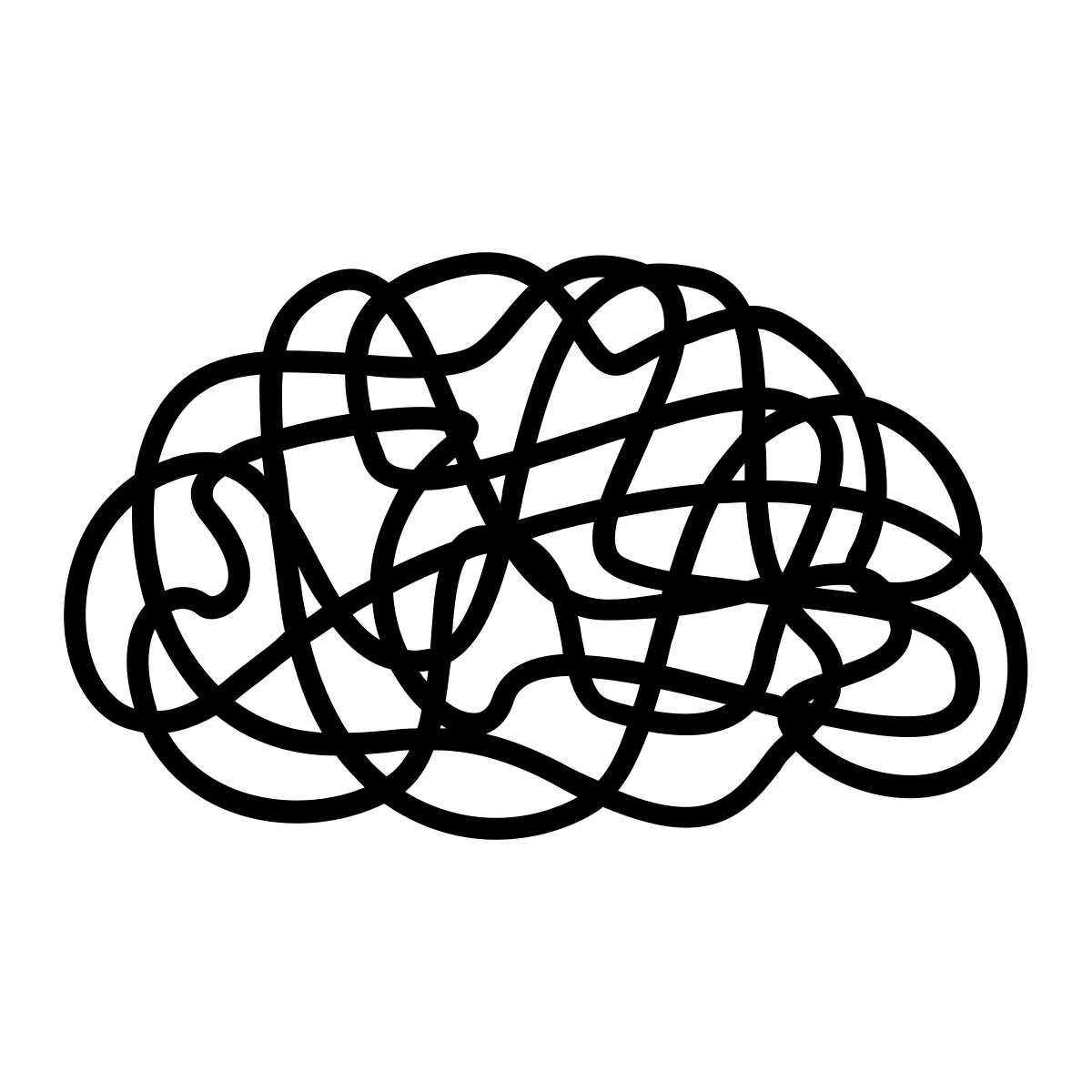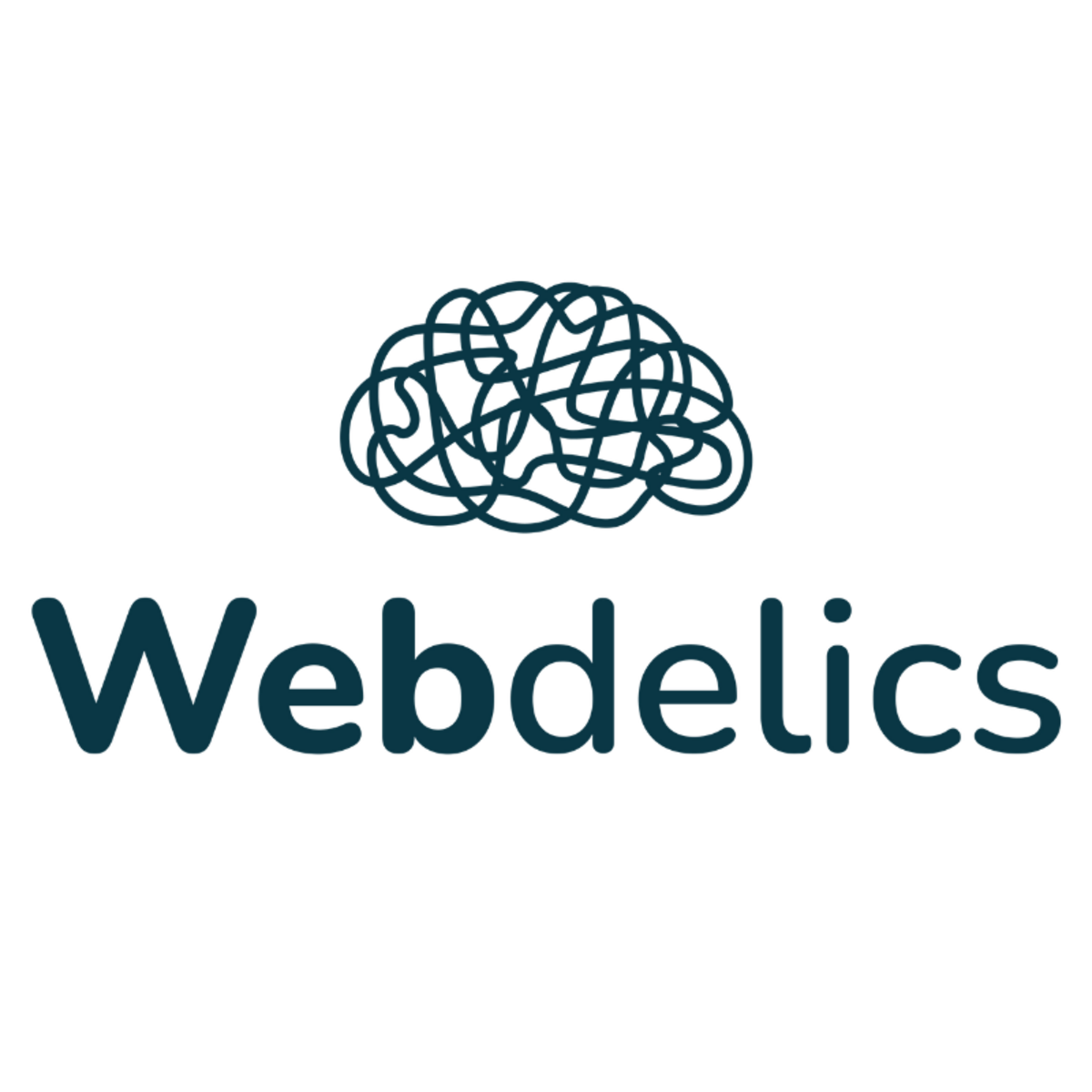
Explore the World of Plant Medicine and Psychedelics. A Weekly Digest of Exclusive Stories, Insights, and Research.

🗨 This Week’s Edition
🧠 This week, we dive into one of the most exciting frontiers in psychedelic science: psilocybin and neuroplasticity.
New research shows that psilocybin doesn’t just alter perception—it may also change the structure and function of the brain itself, promoting new neural growth, reopening critical learning windows, and helping us unlearn the patterns that keep us stuck.
🌿 We also explore integration—the sacred art of turning insight into action. Because the journey doesn’t end when the medicine wears off. In fact, that’s often when the real work begins.
🎙️ On the podcast, Scott Mason sits down with journalist Mattha Busby, who shares raw and cautionary tales from his global psychedelic travels—from mystical ayahuasca ceremonies in Peru to a mushroom retreat in Mexico that went terribly wrong. It’s a powerful reminder: plant medicine can heal, but it can also harm if approached without care.
📚 And we spotlight the growing promise of psilocybin for OCD—a condition that’s notoriously hard to treat. Early studies are pointing to new hope for people trapped in loops of intrusive thoughts and compulsions.
As always, we’re here to help you navigate this evolving landscape—not just with headlines, but with a heart…
🧠 The Webdelics Team

📔 Psychedelics 101: Terms Everyone Should Know
🔄 Integration
What happens after the trip is often just as (and often more) important as the journey itself…
Integration is the process of making sense of your psychedelic experience—and weaving its lessons into everyday life.
🧠 Psychedelics can surface powerful emotions, memories, or insights. But without reflection and continued support, those breakthroughs can fade—or even feel destabilizing.
🪞Integration means asking:
What did I learn?
How can I apply this?
What needs to change in my relationships, routines, or self-understanding?
It often involves journaling, therapy, nature walks, talking with trusted friends, or simply sitting with the experience over time. In clinical settings, integration is a core part of psychedelic therapy—and in traditional use, it’s built into the ceremonial arc.
Why does this matter?
🛠️ Without integration, profound experiences can feel like confusing dreams. With it, they become tools for transformation, healing, and growth.
The trip may be temporary, but its wisdom can last a lifetime—if you choose to bring it home.


📜 Top Article
🧠 Can Psilocybin Rewire the Brain?
We often talk about psychedelics as tools for insight—but what if they could also reshape the brain itself?
That’s the groundbreaking idea behind psilocybin and the underlying changes that occur in the brain, termed “neuroplasticity”— leading to a field of research suggesting that plant medicines may not only shift consciousness but help the brain physically rewire, adapt, and heal.
🔬 What Is Neuroplasticity?
Neuroplasticity is your brain’s ability to reorganize itself—forming new neural connections, strengthening old ones, and adapting to change.
It’s how we learn new things, recover from injury, and grow emotionally…
Typically, this ability fades with age (to a point), but neuroplasticity is the reason why we can learn new things until the day we get called to a higher power.
But psychedelics—especially psilocybin, the active compound in “magic mushrooms”—may reopen that flexibility, even in adulthood.
🎥 Psilocybin in Action
Once consumed, psilocybin is converted into psilocin, which binds to serotonin 5-HT2A receptors in the brain.
This triggers a wave of activity across the cortex, increasing communication between different brain regions, allowing new areas to talk and share information…
The result is a short-term “hyperconnected” state—which carries the potential for longer-term changes and new perceptions of reality.
Studies continue to show that psilocybin can:
🧬 Grow new synapses (synaptogenesis)
🌿 Stimulate dendritic branching (more neural “branches” for connection)
🔁 Improve communication within existing networks (functional plasticity)
🧒 Reopen “critical periods” of learning that are normally closed after childhood
A fascinating discovery from Dr. Gül Dölen’s lab has changed the way we look at psychedelics and psilocybin: Psilocin was able to reopen social learning windows in adult mice—restoring their ability to bond and learn from social cues with childlike adaptability.
🌟 How Changing The Brain Can Change Your Life
When the brain is more “plastic” in nature, it becomes more capable of changing and adapting. It’s the underlying principle for why psilocybin-assisted therapy is showing promise for the treatment of:
Treatment-resistant depression
PTSD
Anxiety and trauma
Addiction and behavioral change
End of life anxiety and stress
Deep-seated emotional blocks
By promoting neuroplasticity, psilocybin may help people “rewire” old patterns of thought, emotion, and behavior that once felt immovable to create new patterns of change and growth.
This could explain why many describe their journeys as “years of therapy in a single session” and can generate long-term changes in those who endure the process.
But that only tells part of the story…
🛑 A Note of Caution About Neuroplasticity
Contrary to popular belief, neuroplasticity isn’t automatically a good thing…
Just ask anyone who’s been dealing with chronic pain, anxiety, depression, or any other condition that requires repetitive behaviors or thoughts.
Neuroplasticity is firing and wiring these maladaptive pathways to become more efficient over time!
The same brain flexibility that enables healing can also reinforce harmful habits—like addictive behavior or anxiety loops—if used without guidance or intention…
That’s why integration, environment, and support are essential…
Psychedelics open the door—but it’s what you do afterward that determines the outcome.
❤🩹 How Psychedelics Could Change The Future of Mental and Cognitive Health
Psilocybin isn’t just a hallucinogen—it could be a new gateway to changing the way we interact with our world and environment.
It’s a powerful idea—and one that could reshape mental health treatment as we know it.
But it’s also a reminder: the real work starts after the journey ends.

🎉 Top Weekly Blog!
Our Top Psychedelic and Plant Medicine Blog from Webdelics
The Webdelics website has over 160+ evidence-based, research-backed blogs that were intentionally written to give you the facts, not just our opinions.
📚 Here is this week’s top blog on our site, rated by our readers:
🧠 Obsessive-compulsive disorder (OCD) is one of the most challenging mental health conditions to treat—and for many, traditional medications and therapies don’t go far enough.
That’s why researchers are looking into psilocybin to exploring how its effects on neuroplasticity, emotional processing, and default mode network activity could offer new hope for those living with intrusive thoughts and compulsive behaviors.
🌀 The science is still emerging, but the possibilities are compelling…

💬 We will leave you with this…
Ram Dass once said, “The quieter you become, the more you can hear.”
In a world full of noise, psychedelics don’t just amplify—it’s often in their silence that something deeper speaks.
Not every journey is loud. Not every breakthrough comes in fireworks. Sometimes, it’s a whisper… a knowing… a nudge toward who you’ve always been and knew you could be…
This path isn’t about escaping reality—it’s about softening into it, listening more closely, and remembering what the noise made us forget.
So wherever you are this week—exploring, integrating, or simply being—may you find stillness. May you hear what’s yours to hear.
And may you trust the unfolding.
Until next time…
🧠 The Guide - by Webdelics
Disclaimer: Webdelics does not support or promote any illegal activities, including the use of substances that may be mentioned in this newsletter. We encourage all readers to familiarize themselves with and adhere to the laws in their region. Please note that Webdelics does not offer mental health, medical, or clinical services and should not be used as a replacement for professional medical, psychological, or psychiatric care, diagnosis, or treatment.



